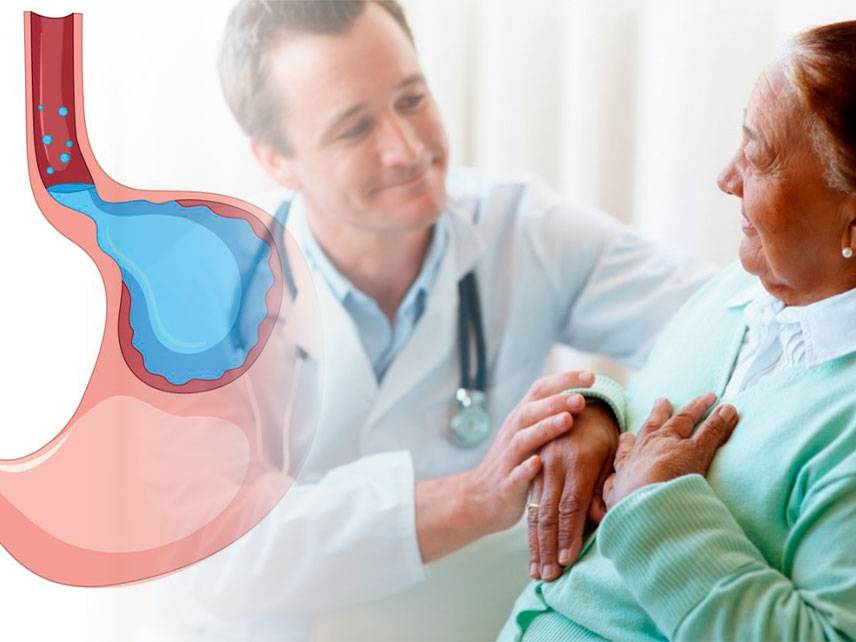Gastroesophageal Reflux Disease (GERD) is a chronic digestive disorder that affects the lower esophageal sphincter (LES), a muscular valve that connects the esophagus to the stomach. GERD is caused by a weakening of the muscle, allowing acid and bile to flow back up into the esophagus, causing irritation, inflammation, and even damage to the esophagus. The most common symptom of GERD is heartburn, although other symptoms may include chest pain, difficulty swallowing, regurgitation, and a sour taste in the mouth.
Signs and Symptoms
The most common symptom of GERD is a burning sensation in the chest, known as heartburn. Other symptoms may include chest pain, a sour taste in the mouth, difficulty swallowing, and regurgitation. GERD can also cause other, less common symptoms, such as bad breath, sore throat, hoarseness, coughing, and a feeling of a lump in the throat.
Causes
GERD is caused by a weakening of the lower esophageal sphincter (LES) muscle, which normally acts as a valve to keep stomach acid and bile out of the esophagus. When the LES is weakened or relaxed, it allows the acid and bile to flow back up into the esophagus, causing irritation and inflammation.
Risk Factors
Factors that may increase the risk of developing GERD include obesity, pregnancy, smoking, certain medications, and a hiatal hernia.
Prevention
There are some lifestyle changes that can help to reduce the symptoms of GERD, such as avoiding certain foods (such as acidic foods and spicy foods), avoiding alcohol, and avoiding smoking. Eating smaller meals and avoiding lying down after eating can also help to reduce symptoms.
Diagnosis
GERD is typically diagnosed through a physical examination and medical history. Your doctor may also order tests, such as an upper endoscopy or a barium swallow, to further confirm the diagnosis.
Treatment
Treatment for GERD typically involves lifestyle changes, such as avoiding certain foods, losing weight, avoiding lying down after eating, and quitting smoking. Medications, such as antacids, histamine-2 blockers, and proton pump inhibitors, may also be prescribed to reduce the amount of acid in the stomach. Surgery may be recommended in severe cases.
Coping and Support
Living with GERD can be challenging, but there are strategies that can help. Finding support from family, friends, and other people with GERD can be helpful. Eating smaller meals and avoiding certain foods can also help to reduce symptoms.
Complications
Although GERD is not usually a serious condition, there are some potential complications. If left untreated, GERD can lead to damage to the esophagus, such as scarring or narrowing of the esophagus. This can lead to difficulty swallowing and may even require surgery.
Living with GERD
Living with GERD can be challenging, but there are ways to manage the condition. Finding support, making lifestyle changes, and avoiding certain foods can help to reduce symptoms. It is important to speak to your doctor if you have any concerns about your symptoms.





